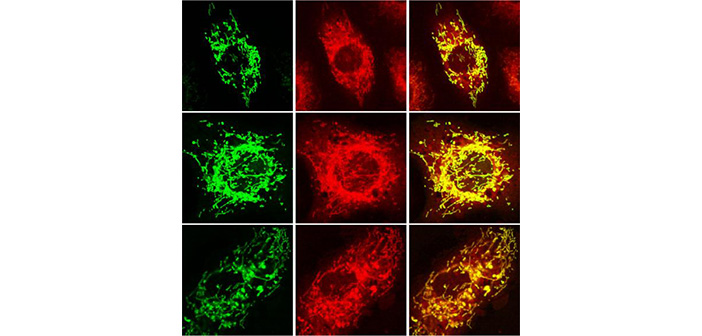Protein may be key to a longer, healthier life—if you’re a fly.
A new study on the mechanics of aging and longevity suggests that boosting the activity of the protein Sirt4 may be an important avenue for treating age-related metabolic decline and disorders, such as diabetes and obesity, and promoting a healthy lifespan.
The study, published in the Proceedings of the National Academy of Sciences, finds that fruit flies inhibited from producing Sirt4—which is also found in humans—are short-lived, while flies modified to make extra Sirt4 are long-lived. In addition, flies lacking Sirt4 display increased sensitivity to starvation, decreased fertility and activity, and an inability to use energy stores in their bodies.
“We show that Sirt4 is responsible for regulating both lifespan and metabolism in an organism, and specifically that it coordinates the metabolic response to fasting,” says lead author Jason Wood, PhD, an investigator in the Department of Molecular Biology, Cell Biology, and Biochemistry. “We also demonstrate that overexpressing the gene for Sirt4 can extend lifespan of the fly.”
The genetic traits of fruit flies make them living models for exploring behavioral, development, genetic, and metabolic conditions and diseases in humans.
In the study, flies modified to produce extra Sirt4 saw their healthy lifespans extended by 20 percent. Removing the ability of flies to produce Sirt4 cut their healthy lives by 20 percent. Also, without Sirt4 in their cells, flies when removed from food died rapidly, even when nutrients and fats were still present in their bodies.
Sirt4 belongs to a class of proteins, called sirtuins, known to regulate aspects of longevity, metabolism, genome stability, diabetes, and neurodegeneration. Sirt4 is found in mitochondria, the cellular structures where respiration and energy production take place.
Human cells contain seven different sirtuins, including three mitochondrial sirtuins: Sirt3, Sirt4, and Sirt5. Fruit fly cells contain just one mitochondrial sirtuin, Sirt 4. Increasing or decreasing expression of Sirt4 in living flies allowed the researchers to discover what function Sirt4 played in the insects—and possibly in humans.
“We show for the first time that increasing the activity of a mitochondrial sirtuin can extend lifespan,” Wood says. “No previous research has found that increasing the activity of a mitochondrial sirtuin such as Sirt4 extends the healthy lifespan of a living organism.”
Continue reading here.




